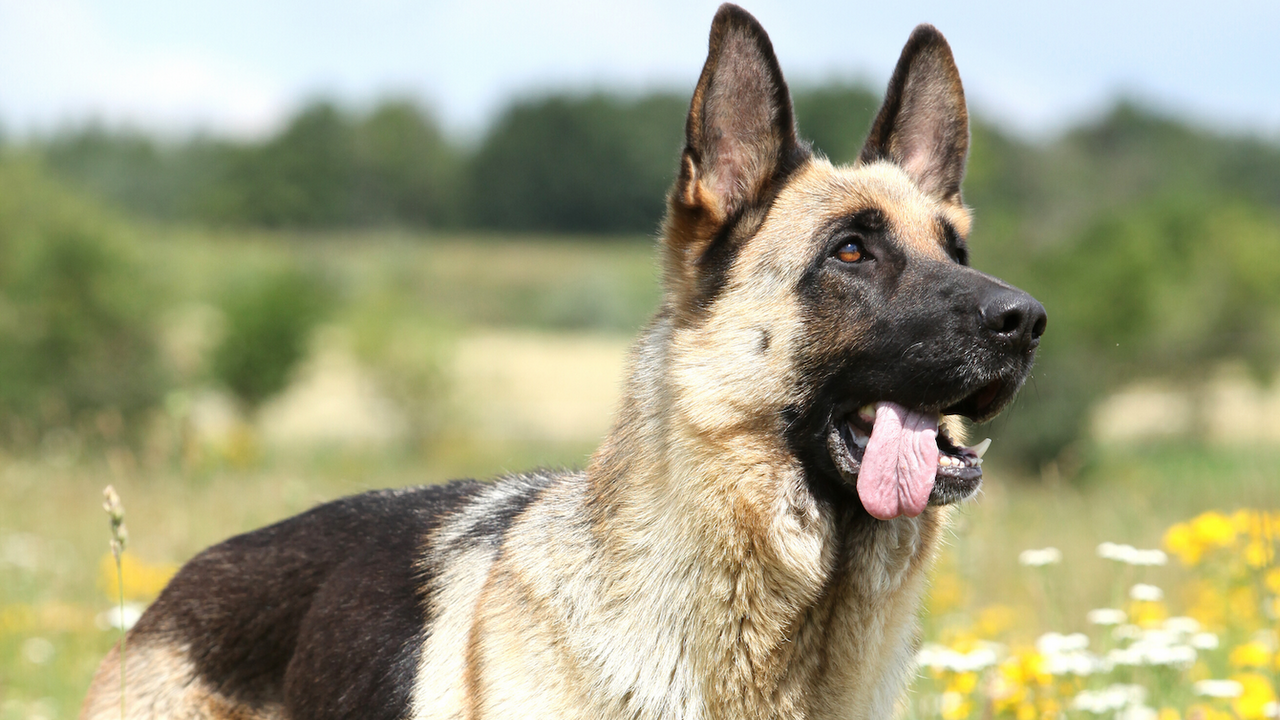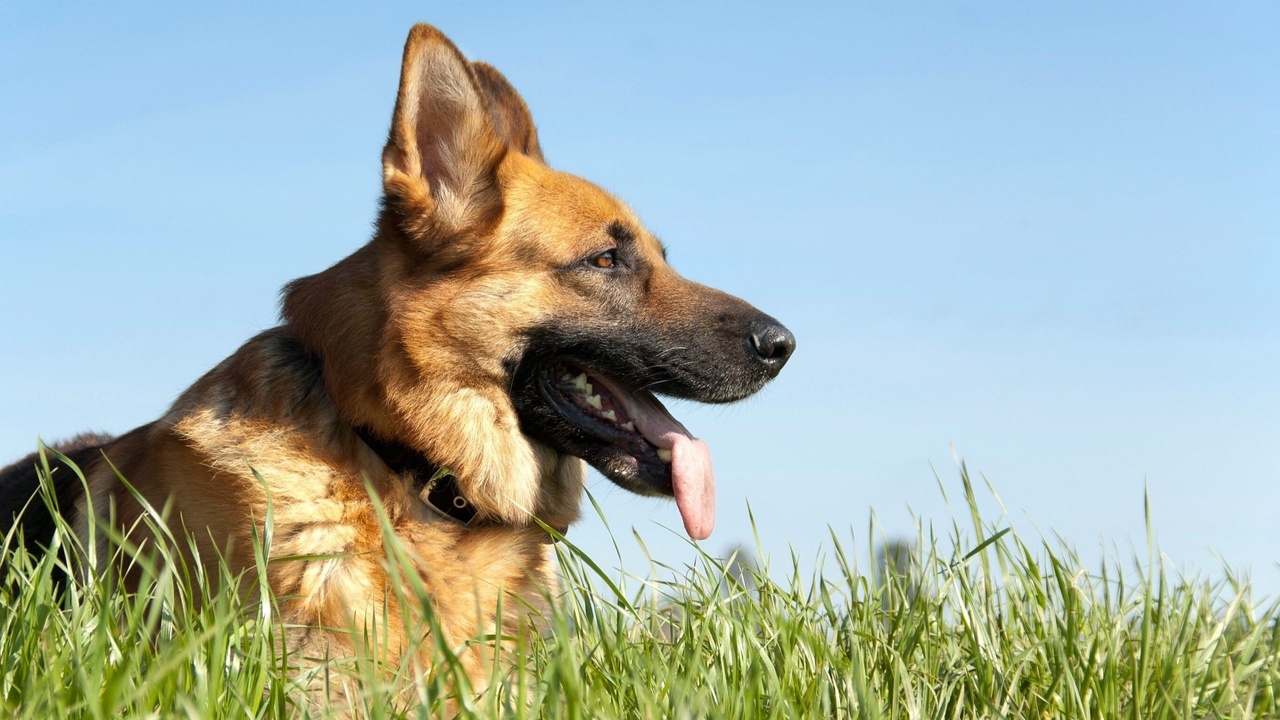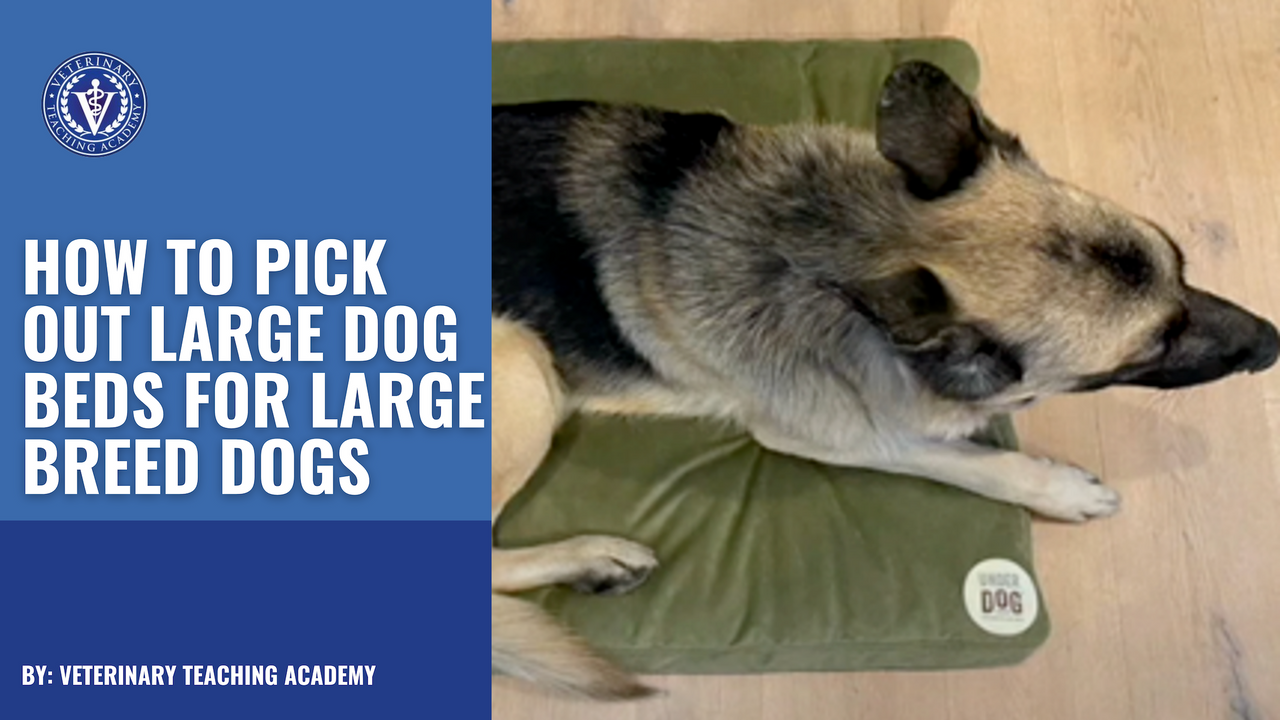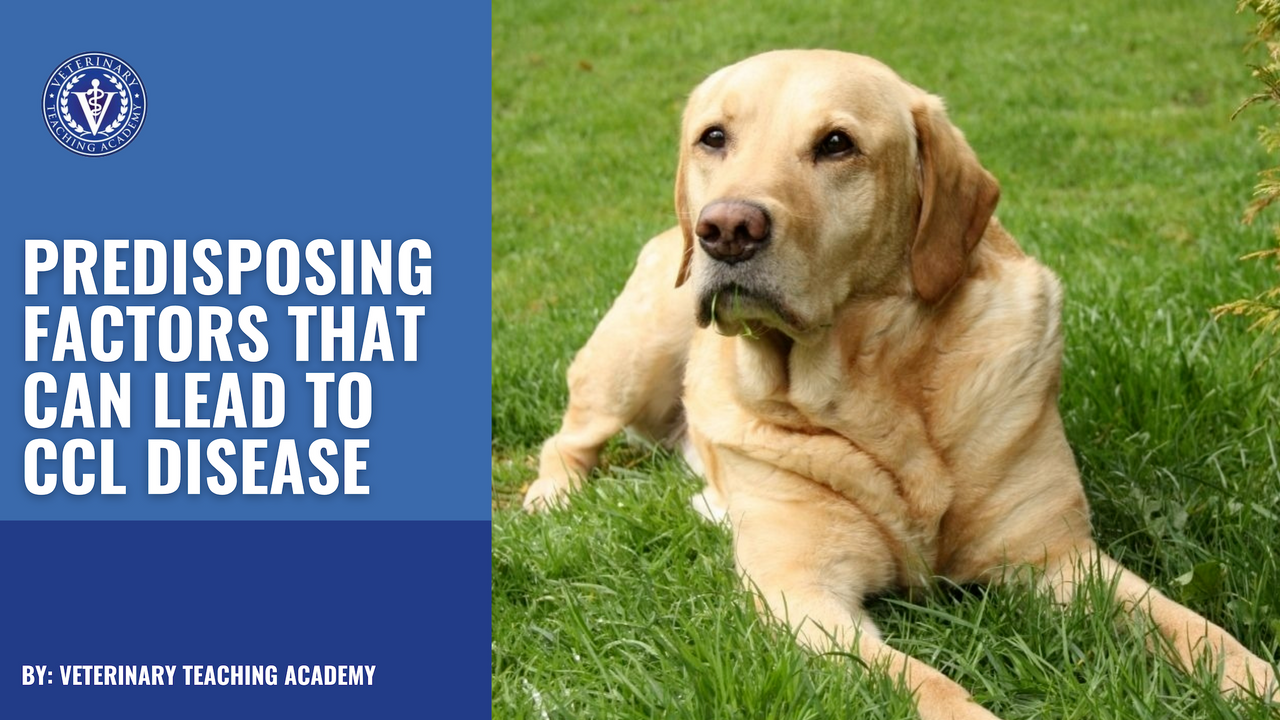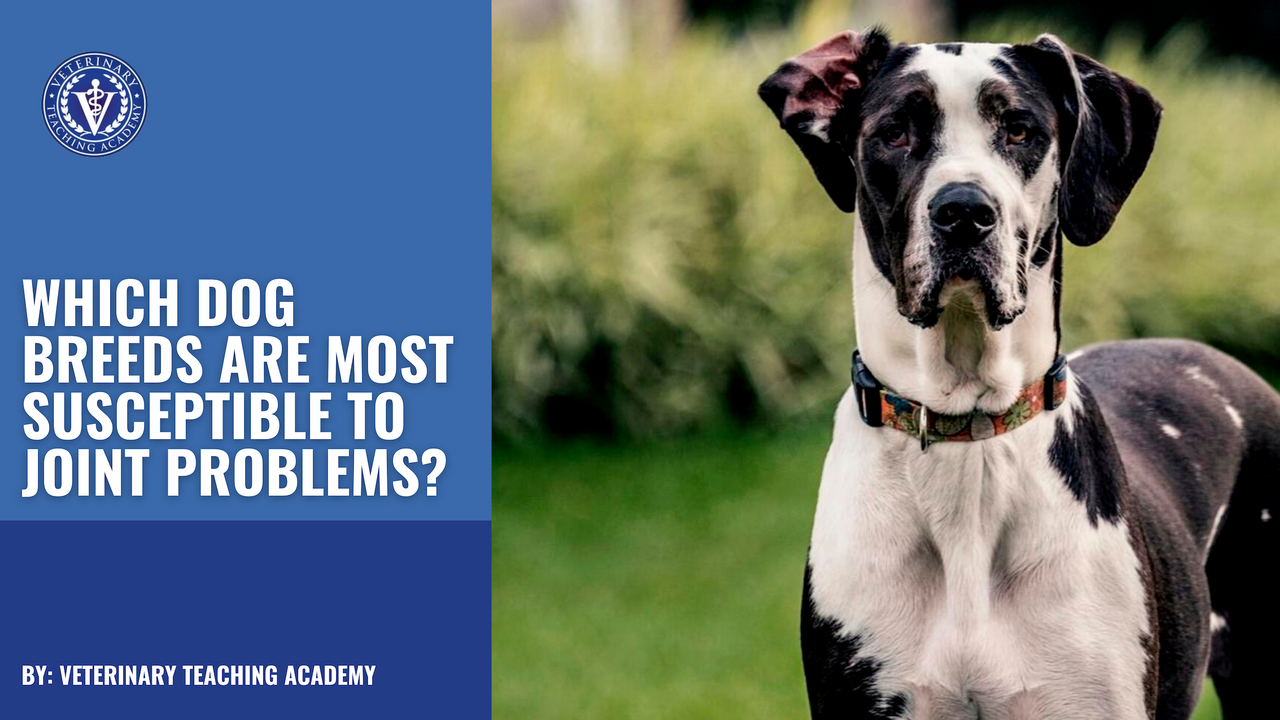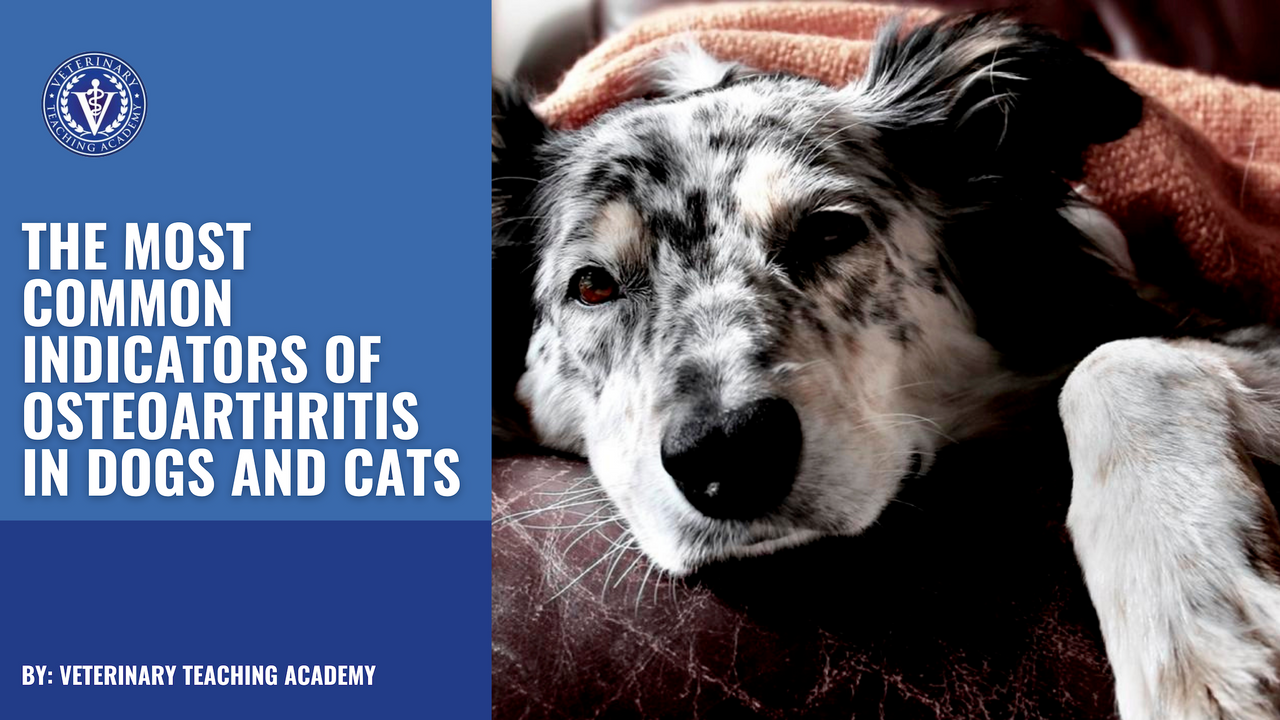
The Blog
The 5 Stages of Degenerative Myelopathy
Continue Reading...
Staging Degenerative Myelopathy
I like to divide ...
Diagnosing Degenerative Myelopathy
Continue Reading...
Diagnosing Degenerative Myelopathy
When it comes ...
Breeds Most Affected by Degenerative Myelopathy
Continue Reading...
Canine degenerative myelopathy (DM) has been recog...
How to Pick Out Large Dog Beds for Large Breed Dogs
Continue Reading...
We typically only think about bedding systems when...
Predisposing Factors that can lead to CCL Disease
Continue Reading...
The following are the primary predisposing factors...
The Relationship Between High-Impact Exercise and Osteochondritis
Continue Reading...
Findings from a study on hip dysplasia and elbow a...
Which Dog Breeds are Most Susceptible to Joint Problems?
Continue Reading...
Joint problems are unfortunately common in dogs as...
Weight Loss Tips to Help Get Your Dog Get Healthy Again
Continue Reading...
One of the most common causes of conditions like o...
The Most Common Indicators of Osteoarthritis in Dogs and Cats
Continue Reading...
Most Common Indicators in Dogs:
Osteoarthritis in...
